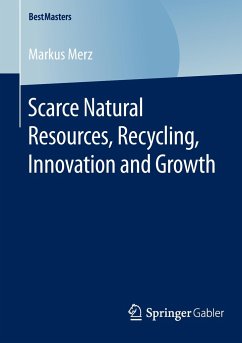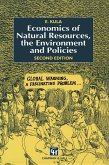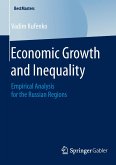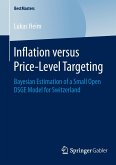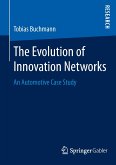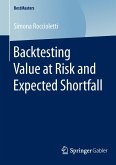This thesis uses neoclassical growth models toevaluate what effect the limited availability of nonrenewable resources has onthe economy's (world's) growth potential. Markus Merz concludes that recyclingmay serve as a mid-term solution to continued growth, but technologicalprogress is needed in the long-run. The theoretical analysis starts with thewell-known Dasgupta-Heal model and considers the effect of recycling andtechnological progress on the resource constraints; resource-augmenting andbackstop technology are analyzed. After a thorough analysis of the models it isconcluded that the ultimate solution to long-term economic growth is a backstoptechnology.
Bitte wählen Sie Ihr Anliegen aus.
Rechnungen
Retourenschein anfordern
Bestellstatus
Storno

